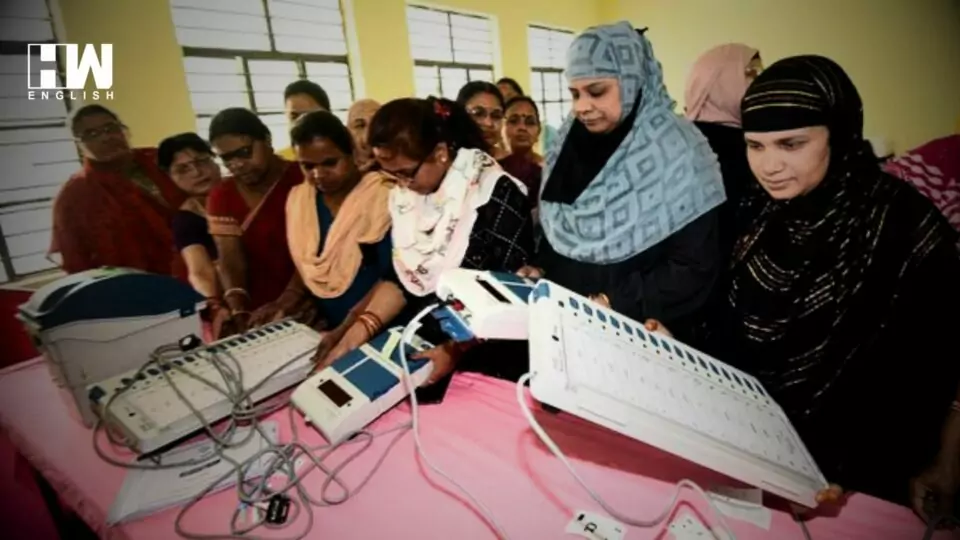The Supreme Court on Friday rejected all petitions seeking 100% cross-verification of votes cast using Electronic Voting Machines (EVM) with Voter Verifiable Paper Audit Trail (VVPAT) slips. A two-judge bench comprising Justices Sanjiv Khanna and Dipankar Datta also rejected a demand to return to ballot papers in elections. Justices Sanjiv Khanna and Dipankar Datta declined the plea to revert to ballot papers. “We rejected all pleas related to bringing ballot papers again,” stated Justice Khanna during the hearing.
The writ petitions, filed by the Association for Democratic Reforms (ADR), Abhay Bhakchand Chhajed, and Arun Kumar Aggarwal, were addressed by the bench. During the proceedings, the Court Issued two directives to the Election Commission of India (ECI). In the first direction, it said “that after the completion of the symbol loading process, the Symbol Loading Unit (SLU) should be sealed. The SLU should be stored at least for a period of 45 days,”
The second directive said, “The burnt memory in the microcontroller EVM shall be checked by a team of engineers after the declaration of results on a request by candidates in serial numbers 2 and 3. Such a request has to be made within seven days after the declaration of results.” Justice Khanna urged the poll body to explore the feasibility of an electronic machine for counting paper slips, proposing that each party be assigned a barcode alongside symbols.
ALSO READ: Report: Political Parties’ Ad Blitz On Meta During Silence Period
He specified that “expenses for the verification (of the program) to be borne by the candidates making the request, in case the EVM is tampered, the expenses will be refunded”. Justice Datta cautioned against blind mistrust, emphasizing the importance of harmony and trust in democracy. “By nurturing a culture of trust and collaboration,” he remarked, “we can strengthen the voice of our democracy.”
After a two-day hearing on April 18, the Supreme Court reserved its judgment on petitions concerning Electronic Voting Machines (EVMs). On Wednesday, the Court received clarification from the Election Commission of India (ECI) on five queries regarding EVM functionality.
The bench inquired about the location of the microcontroller, its programmability, the quantity of Symbol Loading Units, data storage duration, and whether the Control Unit is only sealed or if the VVPAT is kept separately.
After a poll body official responded to the courtCourt’sies, the bench said, “We cannot control the elections, we cannot control the functioning of another constitutional authority. The ECI has cleared doubts. We cannot change your thought process. We cannot issue a mandamus based on suspicion,”
Voter Verifiable Paper Audit Trial (VVPAT) verification occurs in only five randomly chosen Electronic Voting Machines (EVMs) per Assembly segment of a parliamentary constituency. The Election Commission of India (ECI) consistently asserted that EVMs are tamper-proof and full VVPAT counting is impractical.
Recently, the Supreme Court issued a notice to the ECI following a petition advocating for counting all VVPAT paper slips, challenging the sequential verification process that causes delays. The petition proposed simultaneous verification, suggesting that with additional officers, VVPAT verification could be completed within five to six hours per Assembly constituency.
As an independent media platform, we do not take advertisements from governments and corporate houses. It is you, our readers, who have supported us on our journey to do honest and unbiased journalism. Please contribute, so that we can continue to do the same in future.

